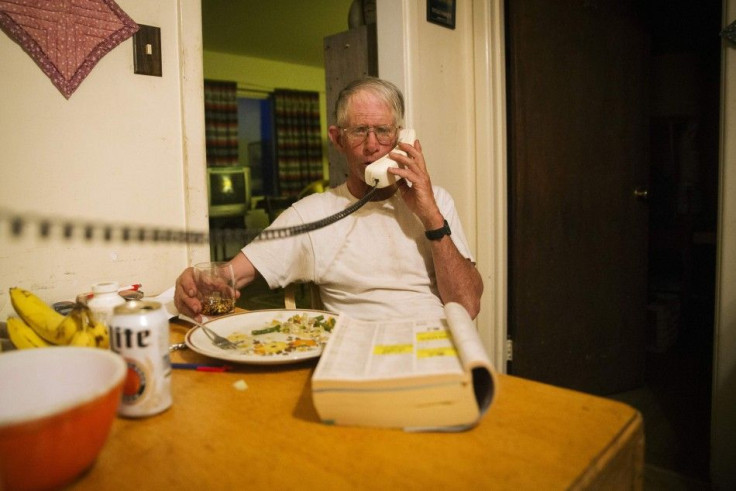More Older Adults Are Willing To Undergo Telephonic Screening For Dementia

A new study found that about two-thirds of the elderly population, regardless of sex, age or race, were keen to participate in telephonic screening for dementia. According to the researchers, the most common factors that affected the results were knowledge about cognitive decline associated with ageing and knowing someone who have Alzheimer's disease.
The research conducted in the Indiana University Center for Aging Research and the Regenstrief Institute aimed to identify health issues that necessitate additional evaluation. Titled "Older Primary Care Patients' Attitudes and Willingness to Screen for Dementia," this study can be found in the open access Journal of Aging Research, which was peer reviewed.
The study was performed by conducting a phone survey among elderly primary care individuals. These individuals are patients of doctors affliated with two big health care facilities; 2 percent were told by their doctors of suspected memory problems and none of them were diagnosed with dementia. A total of 63 percent of the participants expressed willingness to undergo phone survey related to dementia. Although the final result was distinctively lower than the percentage of those who who were asked face to face, the findings were considered significant. The face-to-face interviews were conducted in 2012 and yielded a 90 percent willingness rate among its participants.
"Despite rising incidence rates of Alzheimer's and other dementias, many individuals with cognitive impairment are not screened. They go unrecognised and thus never receive evaluation or diagnosis," said Nicole Fowler, Ph.D., lead study author of both studies from the IU Center for Aging Research and Regenstrief Institute investigator. "Understanding patients' attitude about the risk and benefits of early identification of dementia is vital as we evaluate potential screening barriers and facilitators."
The study provides information about the perception of patients about dementia screening, said Fowler. He added that community health doctors and workers outside of the academic setting should be provided with adequate knowledge regarding the benefits of educating patients regarding diagnostic options and the willingness of these patients to participate in screening test, whichever method is at hand. Finally, she added that telephonic screening may be more convenient both for the patient and the physician's team.
To contact the writer, email: rinadoctor00@gmail.com.





















